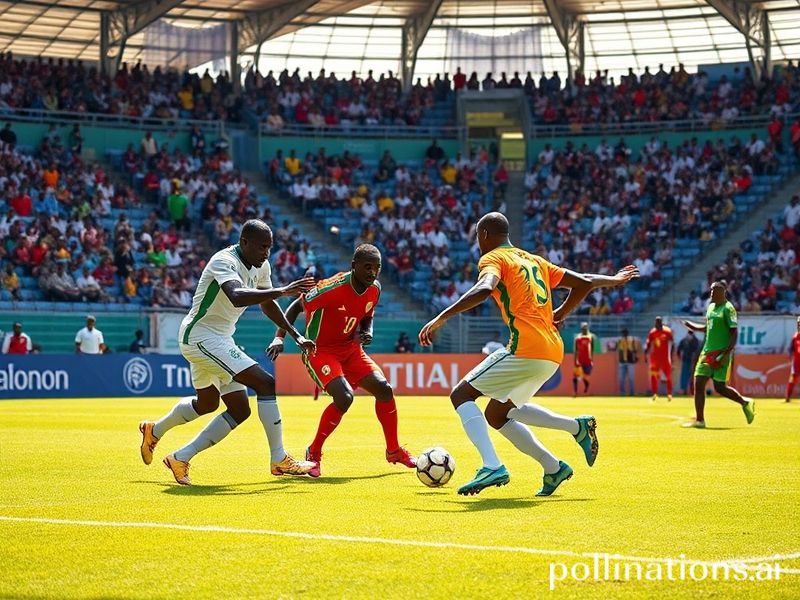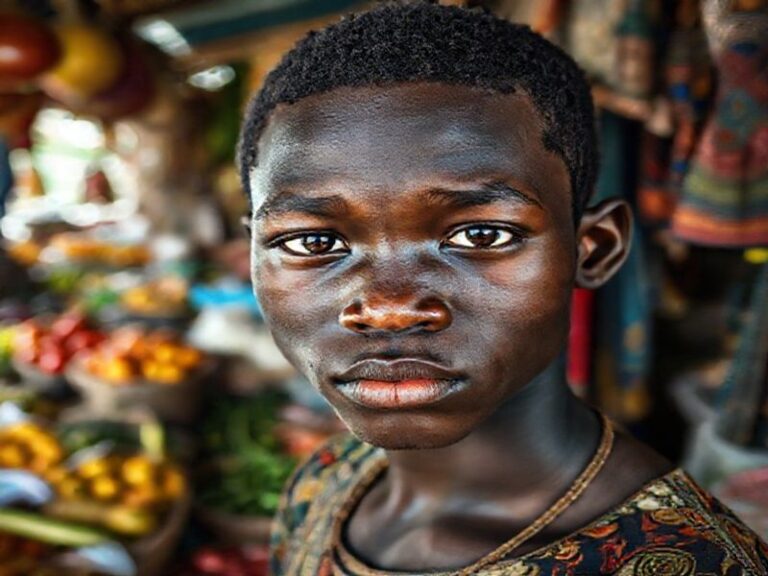Central African Republic vs. Ghana: The Internet’s Fake Football Frenzy Explained
# **Central African Republic vs. Ghana: The Internet’s Newest Obsession**
In the vast, chaotic playground of the internet, trends come and go faster than a TikTok dance challenge. But every now and then, something unexpected bursts onto the scene, capturing the collective imagination of global netizens. Enter: the **Central African Republic vs. Ghana** debate. Yes, you read that right. Two nations, thousands of miles apart, have somehow become the unlikely stars of the digital universe. But why? Let’s dive in.
### **The Spark That Ignited the Fire**
The frenzy began when a viral video surfaced on social media, purportedly showing a football (soccer, for our American friends) match between the Central African Republic (CAR) and Ghana. The footage was grainy, the action chaotic, and the commentary—well, let’s just say it was *colorful*. The video quickly racked up millions of views, sparking memes, debates, and even a few conspiracy theories.
But here’s the twist: **the match never actually happened**. At least, not in the way the internet presented it. The video was a clever edit, stitching together clips from various real matches, complete with exaggerated commentary that made it seem like an epic, high-stakes showdown. The internet, ever the sucker for a good story, ran with it.
### **Cultural Context: Why This Matters**
So why did this fake match capture the world’s attention? For starters, it tapped into the internet’s love for **absurdity and chaos**. In a world where real news can often be depressing, a made-up football match between two countries that have never actually faced off in an official game was a refreshing escape.
But beyond the laughs, the trend also highlighted the **power of storytelling**. The internet thrives on narratives, and this one was tailor-made for virality. It had everything: underdogs, drama, and a healthy dose of mystery. Plus, it played into the internet’s obsession with **football culture**, which is, let’s be honest, a universal language.
### **Social Impact: The Ripple Effect**
The trend didn’t just stop at memes and laughs. It sparked real conversations about **African football**, the media’s portrayal of African nations, and even the role of satire in modern discourse. Some argued that the trend was a harmless bit of fun, while others saw it as a reflection of how the internet often reduces complex cultures and nations to simplistic, often exaggerated narratives.
For Ghana and the Central African Republic, the trend was a double-edged sword. On one hand, it put their countries on the global map in a way that few other events could. On the other hand, it risked reducing them to internet punchlines, overshadowing their rich histories, cultures, and real-life achievements.
### **What Makes This Topic Significant?**
At its core, the **CAR vs. Ghana** trend is a microcosm of how the internet shapes and distorts reality. It’s a reminder that in the digital age, **truth is often stranger than fiction**, and sometimes, fiction is more entertaining than truth. It’s also a testament to the internet’s ability to turn even the most obscure topics into global phenomena, all with a few clicks and a dash of creativity.
So, what’s the takeaway? Maybe it’s that we should all take a step back and appreciate the absurdity of it all. After all, in a world where a fake football match can unite millions, perhaps there’s still hope for us yet.
—







